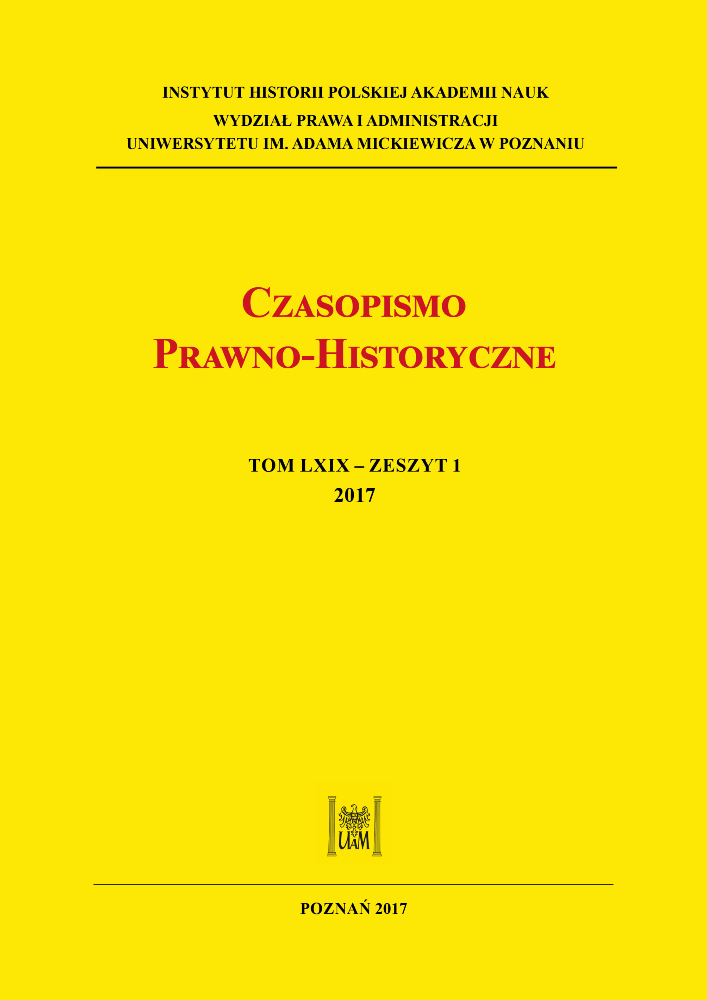Abstrakt
Franklin Delano Roosevelt promised the Americans the creation of the New Deal as he won the 1932 presidential election. It was a realization of a new and progressive vision of the world and, in consequence, it was to bring the Great Depression to an end. The scale of the metamorphosis was of unprecedented magnitude in the history of the United States. The next decade witnessed a doctrinal shift from the negative to a positive freedom,from deontological ethics to consequentionalism, and from the night watchman state to the welfare state. These changes found further reflection in the introduction of economic interventionism, centralization, trade protectionism and the development of the social care system. However, while seeking an ideological support for the transformational reform of the liberal doctrine, Roosevelt appealed to the traditional values of the American classical liberalism – freedom and equality. The legitimization of the system and of the political reforms was to be accomplished mainly by using the authority of the Founding Fathers. This rhetoric allowed Roosevelt to gain public support for the New Deal. The president-successor to the heritage of Jefferson and Madison acquired a moral right to lead the nation and
steer the state in a new direction. His program became “liberal” and “American” even if it bore a startling resemblance to the European authoritarian regimes of the age.
Licencja

Utwór dostępny jest na licencji Creative Commons Uznanie autorstwa – Użycie niekomercyjne – Bez utworów zależnych 4.0 Międzynarodowe.




